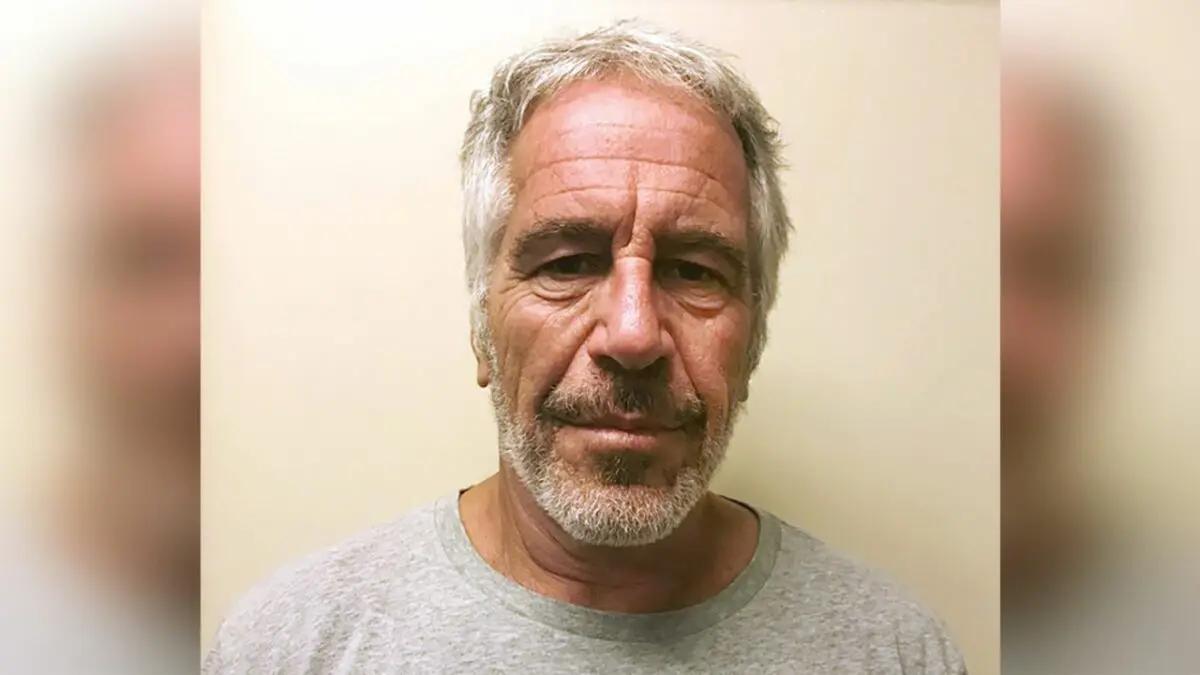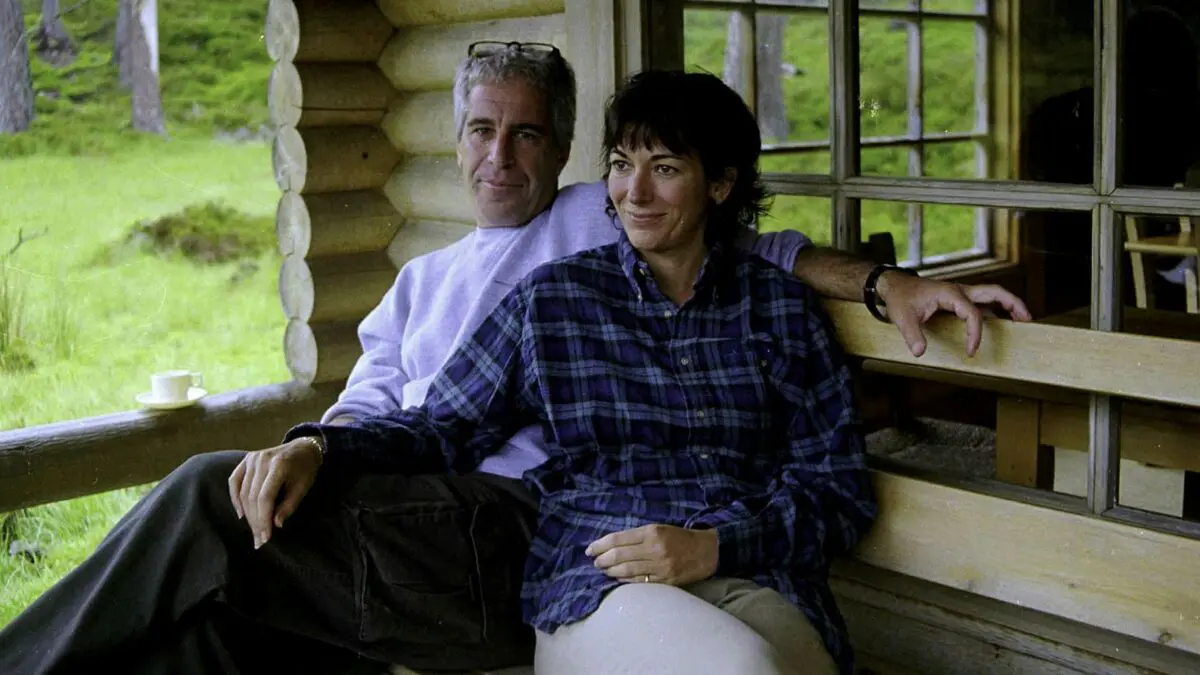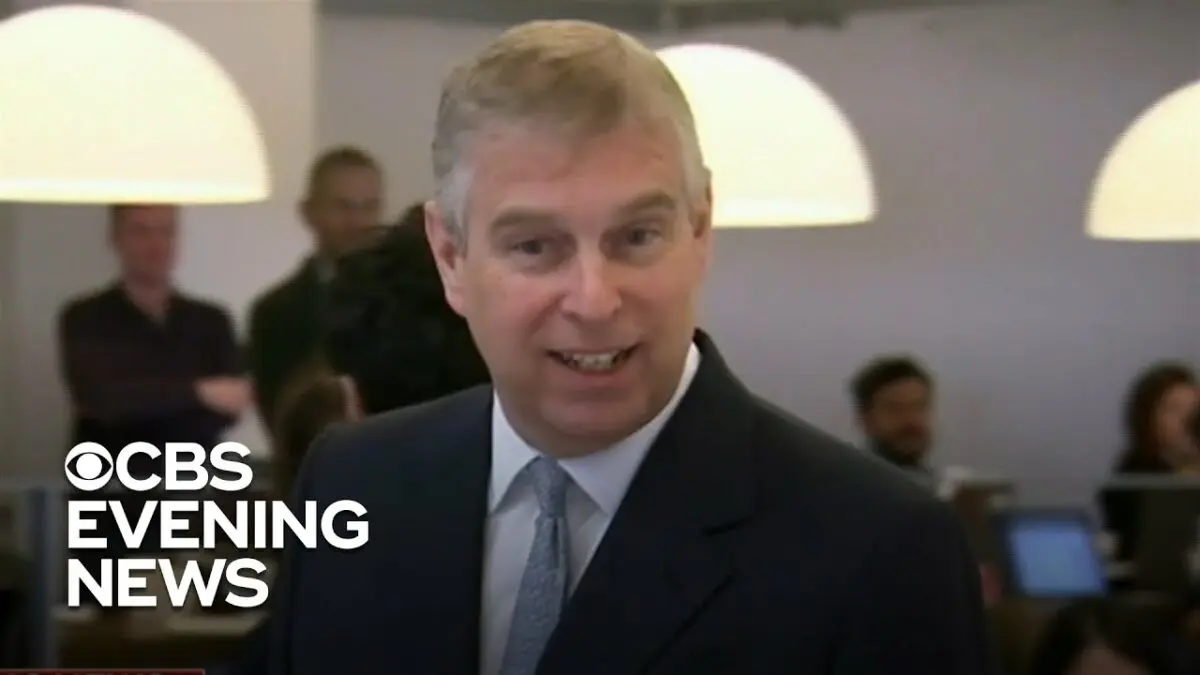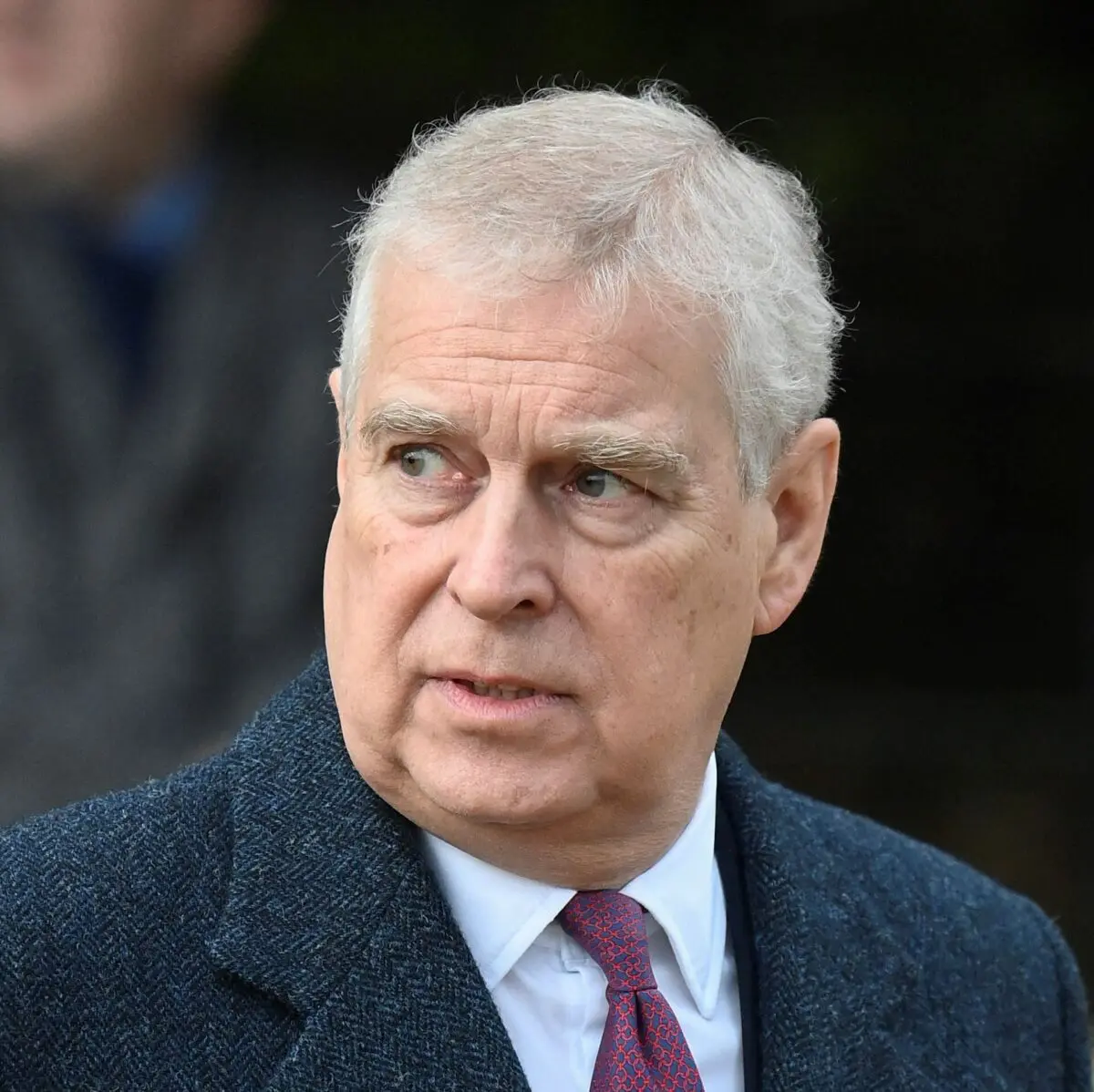The decline of Prince Andrew is a poignant tale woven with scandal, controversy, and ultimately, a tragic fall from royal favor. Known widely as the Queen’s favorite son, his association with Jeffrey Epstein has obscured not just his public standing but also his familial bonds. New revelations, particularly around the continuous communication between Andrew and Epstein that emerged recently, have reignited debates about accountability and privilege within royal circles. This account aims to chronicle the significant events leading to his current state, drawing upon both personal accounts and documented interactions.
The whispers of Andrew’s fall began to echo through the halls of Buckingham Palace long before the public caught wind. While many may recall the headlines, the intricate details and timelines often get lost in the sensationalism of tabloid journalism. From his steadfast relationship with Epstein to the eventual stripping of his titles, Prince Andrew’s journey paints a somber picture of a once-celebrated royal navigating the consequences of his choices.
The Early Years: A Cherished Son
Prince Andrew was born to the Queen at a time when he was seen as a potential source of joy amidst the building pressures of royalty. As the third child of Queen Elizabeth II, he was raised within privilege but was also groomed for duty from a young age, echoing the demands of public life. During the early years, Andrew was fully embraced by the public, and for a time, he relished this attention.
As a young adult, his service in the Royal Navy showcased not only his adventurous spirit but also endeared him to many. However, the challenges of royal obligations often buttressed against his personal life. The looming expectation to uphold the family name intertwined with his natural inclinations often placed Andrew at a crossroads. As he transitioned into adulthood, his friendships began to take shape—some of which would later become his downfall.
Though he faced pressures typical of royal life, Andrew’s significant alliances, such as his infamous ties with Ghislaine Maxwell and Jeffrey Epstein, were oblivious to many. Even then, the seeds of controversy were being sown, unbeknownst to the public.

Friendships and Early Indicators
One cannot overlook how Andrew’s early relationships shaped his future. Ghislaine Maxwell, a socialite and daughter of a prominent media mogul, introduced him to Epstein, leading to a friendship that would haunt him for years. While Andrew positioned himself as an innocent bystander in these relationships, the intertwining paths with Epstein painted a different story.
During these years, Andrew continued his engagements in philanthropy and hosting events, striving to shake off any speculated ties with Epstein. However, the question that lingered was: was Andrew truly oblivious to the darker aspects of Epstein’s life, or did he choose to remain willfully ignorant?
Regardless of the reality, fundraising and royal duties gradually shifted to the backdrop as scandal began brewing, signaling a critical turning point. The financial burdens imposed by misjudgments began fostering a layer of cynicism from the public regarding Andrew’s ability to fulfill royal responsibilities.
2019: The Turning Point
The year 2019 marked a notable turning point in Andrew’s life and royal responsibilities, primarily driven by the resurfacing of allegations against Epstein.
In November 2019, Andrew shockingly participated in a BBC Newsnight interview that was anticipated as an opportunity for him to clear the air but became a disaster instead. His struggle to articulate any semblance of empathy for Epstein’s victims drew public ire, and statements—like his claim that he was at a Pizza Express when encountering one of his accusers—became fodder for comedians and commentators alike, only deepening public disdain.
Following this infamous interview, it became increasingly clear that Andrew’s association with Epstein was becoming a detrimental distraction for the Royal Family. The interview led the Queen to grant him the “permission” to step back from public duties, signaling that the Palace was losing patience with him. The fallout from this disastrous episode acted as a catalyst for stripping Andrew of his military titles and royal patronages shortly thereafter.

The Impact of the Interview
The backlash from Andrew’s interview was swift and severe. It did not just affect his public perception; it had broader implications for the royals and their relationship with the public. Andrew was subsequently stripped of various titles and military connections—a clear indication of the royal family’s desire to distance themselves from the associated scandals.
Further complicating matters were the claims made by Virginia Giuffre, an accuser who sharpened the focus on Andrew’s alleged involvement with Epstein. The lawsuits filed against him established him within a narrative that coupled him with abuse and secrecy. The pressure mounted as public sentiment turned from curiosity to outright condemnation.
Amidst this chaos, Andrew released a statement that seemed to reflect his regret for endless controversy, though many viewed it as an empty gesture. This dissonance between public sentiments and royal expectations fragmented Andrew’s standing further, compelling the Palace to make difficult decisions regarding his future.
Early 2022: Settlements and New Revelations
The beginning of 2022 arrived with both upheaval and resolution. Andrew’s association with Epstein culminated in out-of-court settlements that amounted to millions—meant to resolve accusations made by Giuffre against him.
The implications of such actions further fueled debates about accountability, especially given Andrew’s royal stature. It felt glaringly unjust to many that a high-profile figure could escape judicial consequences merely with financial settlements. This method of resolution raised eyebrows and invited speculation around the source of funds—was the Queen covering it?
In January, a court ruling stripping Andrew of all royal duties became public knowledge, affirming that the Queen’s patience had run dry. Not only did this ruling signify legal consequences for Andrew, but it also represented a symbolic severing from the royal family that had previously embraced him.

The Aftermath of the Settlement
The ramifications of Andrew’s settlement and ensuing revelations depicted a testament to the fragility of royal favor. Praised by some, reviled by others, Andrew’s decisions in early 2022 would become a defining moment of his legacy.
As discussions around the legitimacy of settlements arose, many critics pointed towards a troubling trend: could a royal figure sidestep accountability due to wealth and status? Simultaneously, questions centered around familial support became more pervasive. How could the Queen still back Andrew amidst growing scrutiny?
This period saw increased polarization regarding Andrew’s character, with royalists defending him while vocal critics continued amplifying claims of deceit and indifference to those harmed.
Late 2022 to Early 2024: Continued Controversies
As the turbid waters of Andrew’s public perception began to settle, new issues headlined the Prince’s narrative. The Queen’s support—while substantial—spawned increasing former loyalty debates. Nonetheless, as controversies sprouted around new findings of his connections to Epstein, royal observers speculated that Andrew might still harbor ambitions of a return to public life.
Despite severe accusations and a falling out with public opinion, Andrew persisted in attempting to reclaim his standing. Mounting interest in alleged ties to espionage claimed the attention of law enforcement, bringing his private life under fresh scrutiny.
Only time will tell whether Andrew can truly reintegrate into royal duties or if his journey represents a cautionary tale of privilege colliding with accountability.

Revisiting the Past: Recent Revelations
The uncovering of new messages showcasing Andrew’s contact with Epstein up until February 2011 only complicates matters. Highlighting ongoing ties despite previous claims to have severed connections emerged as a significant topic within the royal narrative.
Public discontent morphed into a call for greater transparency, questioning whether Andrew had truly committed to changing course after his fallout. Observers sought reassurance, but doubt clouded much of Andrew’s future.
The timeline of Andrew’s connections with Epstein painted a harsh reality of a royal still embedded in past shadows. Continued interest in Andrew’s affairs serves as a stark reminder that the shackles of the past prove hard to break free from, irrespective of royal titles.
Final Thoughts: The Legacy Beyond Titles
The saga of Andrew reminds us of how quickly fortunes can change within royal life. Once welcomed and celebrated, the Prince’s fall exemplifies the repercussions of unchecked privilege, misjudgments, and entanglements with controversial figures.
The events leading to Andrew’s ongoing status reveal a portrait that reflects both personal ambition and familial loyalty wrapped in privilege and scandal. It stands as a test for the monarchy in balancing public trust while managing potential conflicts of interest.
The detailed account of Andrew’s decline amid tumultuous revelations serves as a reminder of the importance of accountability for everyone, regardless of status. His legacy now serves as a cautionary tale, one that the royal family must navigate carefully moving forward.
Source: www.the-independent.com
Hi, I’m Sarah, a 30-year-old journalist with a passion for storytelling and uncovering the truth. I strive to bring important issues to light and connect with my audience through compelling narratives.



